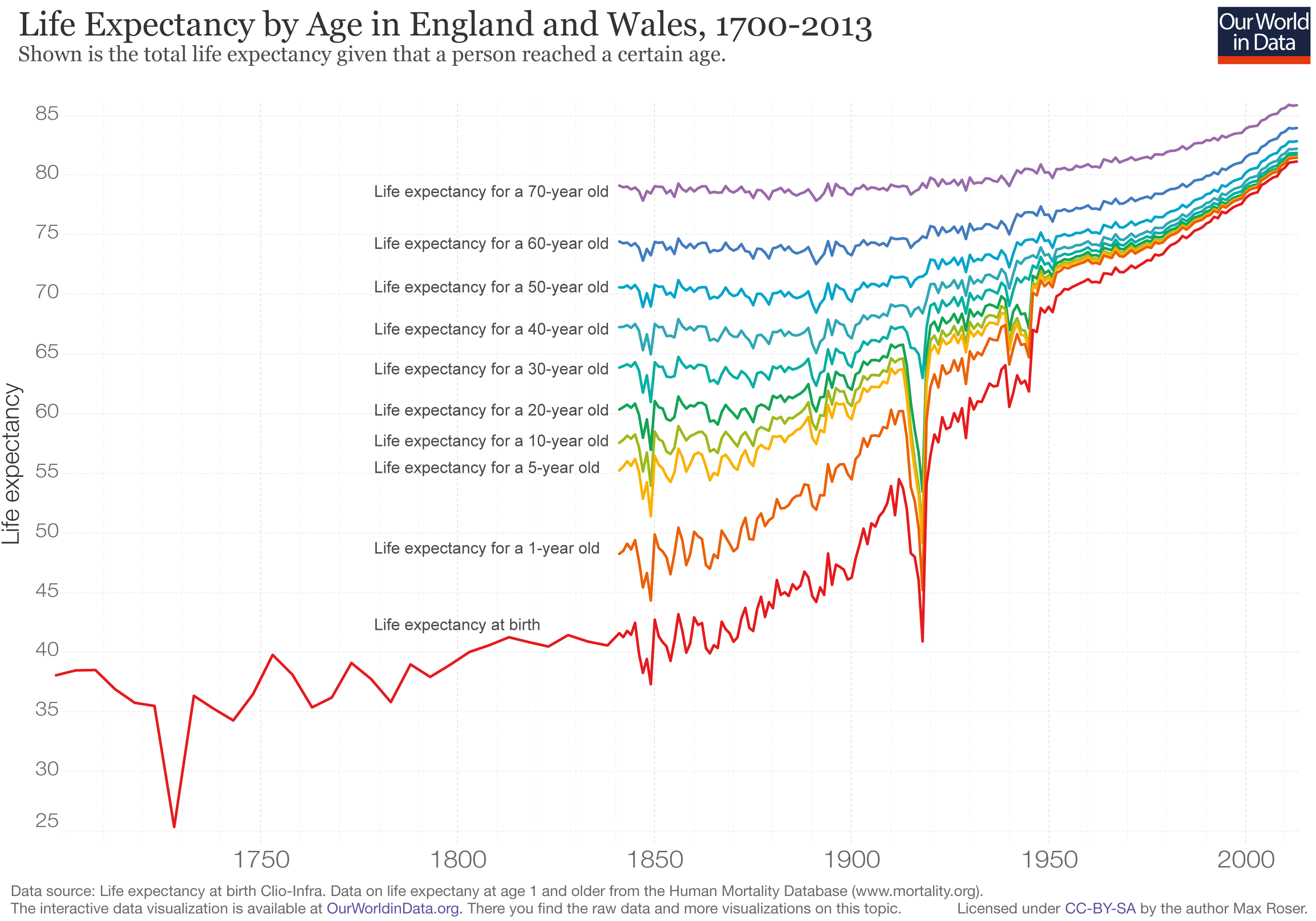Our civilization seems to be working

The people lacking imagination are those that cannot see the big picture. Inthesomeday and others like him would blow up a "system" that for the first time in human history is actually decreasing the number of people living in abject poverty to replace it by some unproven utopia ( a dystopia to most) that exists only in their minds. I'll give inthesomeday the benefit of being extremely young (I'm guessing 12-17 range), but it's just sad when adults have these sorts of viewpoints.
Yes, a lot of things can be improved. Yes, in the rich world standards of living have largely stagnated. But the "pillars of civilization" don't need overthrowing, for crying out loud. We need gradual change that can be reversed if it doesn't work.

The people lacking imagination are those that cannot see the big picture. Inthesomeday and others like him would blow up a "system" that for the first time in human history is actually decreasing the number of people living in abject poverty to replace it by some unproven utopia ( a dystopia to most) that exists only in their minds. I'll give inthesomeday the benefit of being extremely young (I'm guessing 12-17 range), but it's just sad when adults have these sorts of viewpoints.
Yes, a lot of things can be improved. Yes, in the rich world standards of living have largely stagnated. But the "pillars of civilization" don't need overthrowing, for crying out loud. We need gradual change that can be reversed if it doesn't work.
Last edited:

